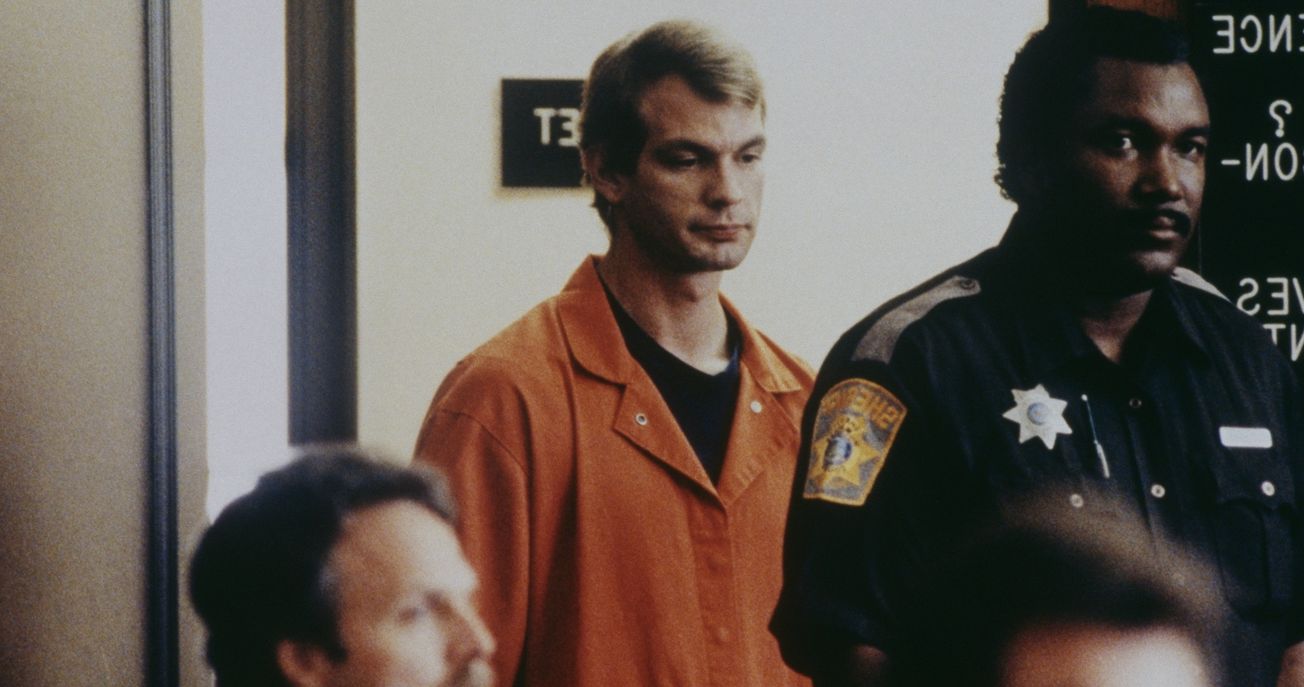By Sienna Thompson, Second Year, English
Released only a few weeks after Dahmer – Monster: The Jeffrey Dahmer Story (2022), Netflix returns with its third instalment of the Conversations with a Killer (2019-) docuseries, this time featuring Jeffrey Dahmer. Whilst the crime fiction series has faced serious backlash from the media, this docuseries has promising features to finally give light to the victims’ stories.
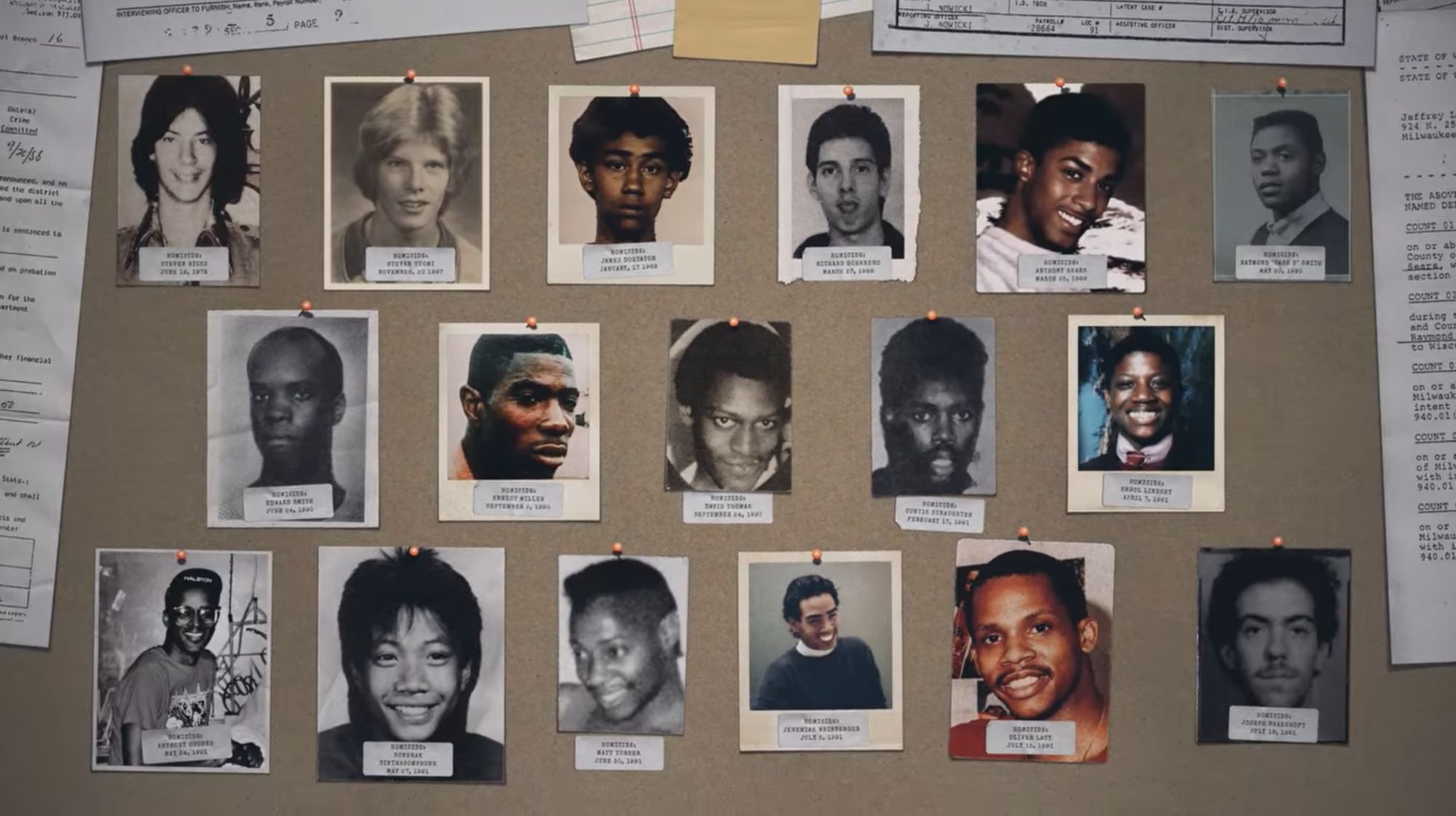
As for the other two series involving Ted Bundy and John Wayne Gacy, the tape recordings taken after their capture by the police have been released and are compiled and set alongside interviews with citizens concerning the case and videos from the courtroom. This series does not follow a linear order as we go back and forth between different sections of the timeline, whilst parts of the story are put together.
There is no sugar-coating of any sort with this series, as we are exposed to all the activities Dahmer participated in during his active years of murdering. We see the full brutality of this killer with images from the crime scenes and Dahmer’s very open explanation of what he did with each victim on the tape recordings.
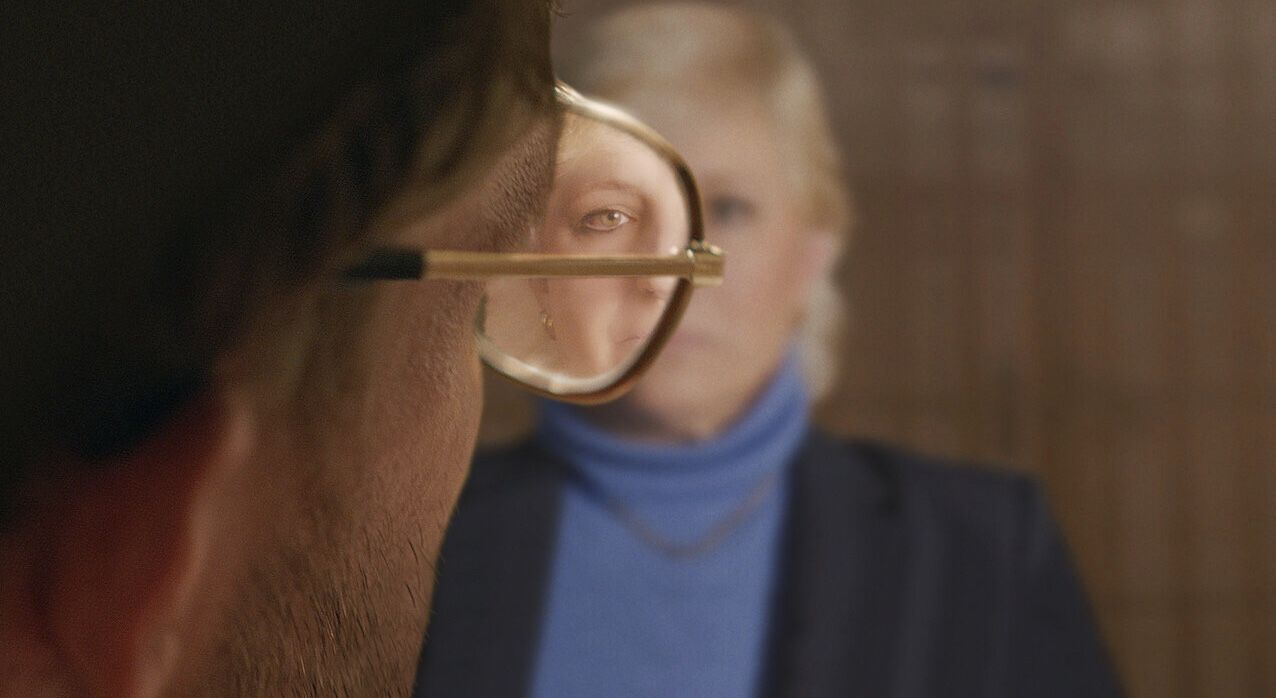
What is most upsetting to watch is the reactions of the victim's family and friends as they recite the incidents or react in court to Dahmer’s trial. Many feel the fictional series served little to no justice for these families, whereas the centre focus of this docuseries was on the victims, and when referring to Dahmer, he was not glorified. It shared chilling accounts of the events and showed raw emotion from those affected by them.
I do feel that a more linear narrative of this docuseries may have been more beneficial, as flicking back and forth felt disruptive and confusing, and made it difficult to remember dates and the timeline. However, this also served the purpose of linking later events to earlier events and reflected the messy, disruptive life that Dahmer led.
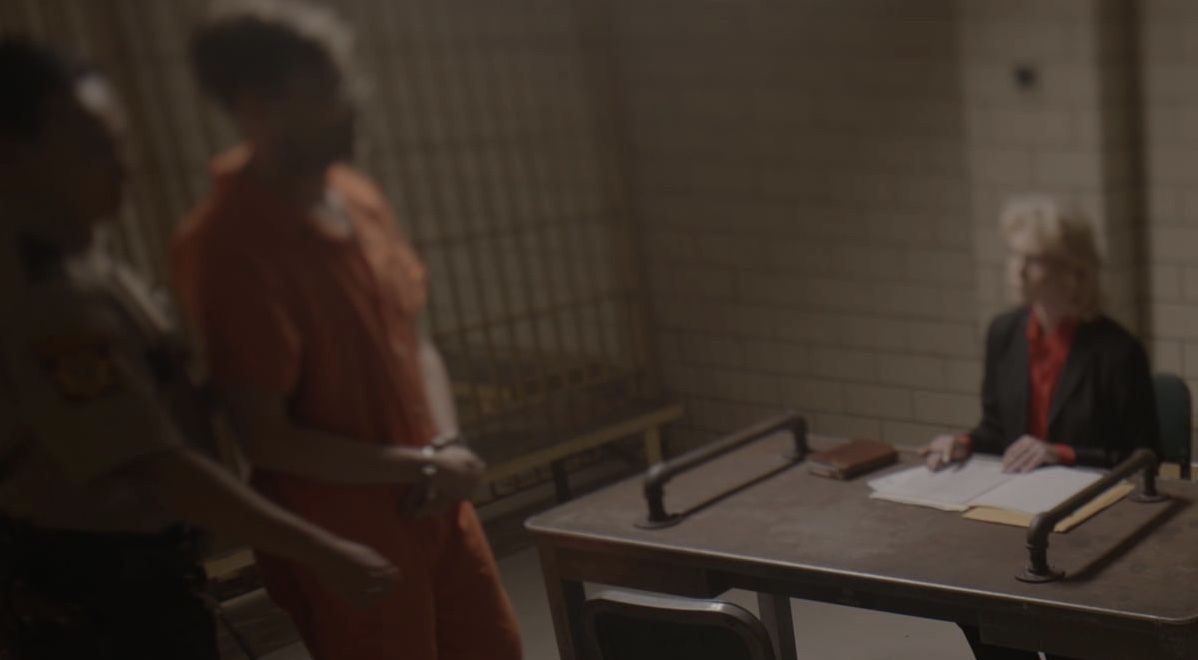
Having actors portray certain events, such as Dahmer talking with his defence attorney and recording the tapes, aided in visualising how the conversation went.
The series was clever to not fully focus on the actors as well, by showing close-ups of eyes or blurry outlines of figures from afar to prevent the series from becoming a dramatic remake of the event. It also included clever shots showing the insides of the physical tapes, so there was more of an emphasis on the words of Dahmer, ensuring no visual shots were distracting.
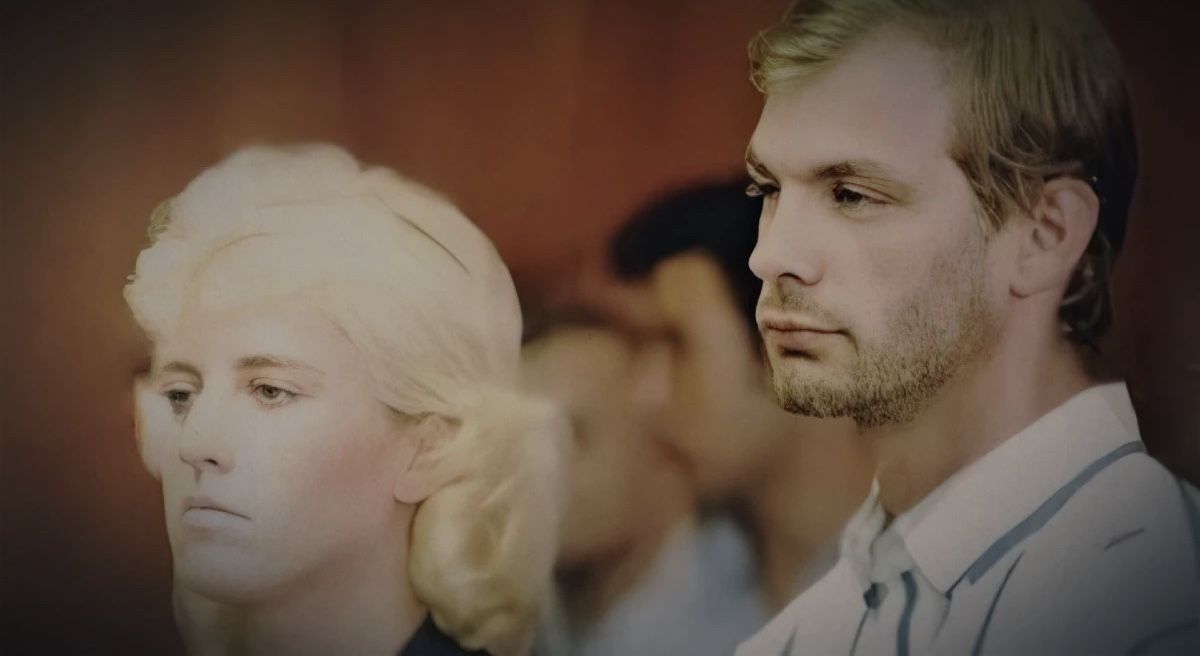
Netflix handled this sensitive topic brilliantly, as always, and ensured the victims’ stories and families were heard and not overshadowed by Dahmer’s words.
I personally would recommend watching this over the fictional series for a piece of more accurate information; the different perspectives hold a lot more power than Dahmer’s words, however disturbing they are.
Featured Image: Courtesy of Netflix and IMDB
Which of the two Jeffrey Dahmer series released this year did you prefer?

